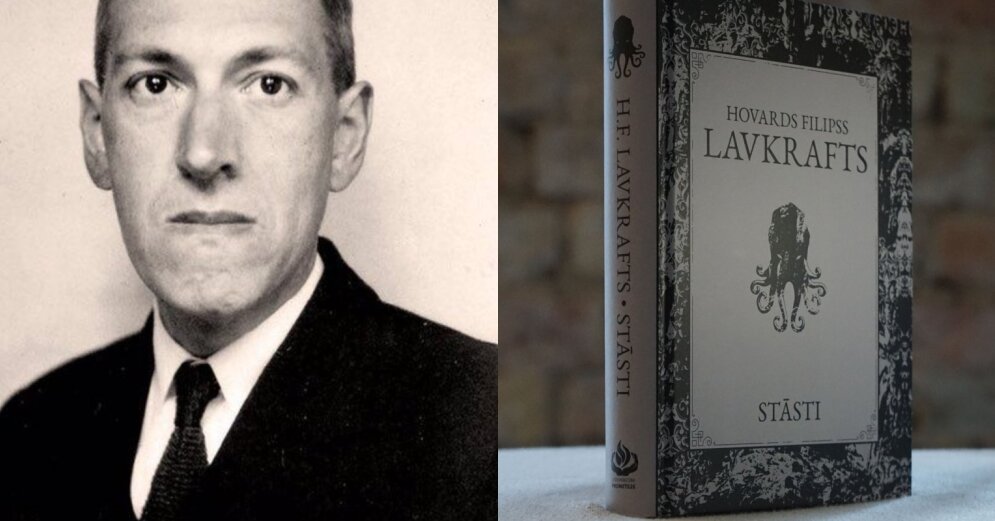Content will continue after the ad
Advertising
–
Howard Phillips Lovecraft (1890–1937) was a classic of the early twentieth century horror stories and fiction genre, whose Gothic-rich writing style and uniquely nuanced mythology have inspired and continue to inspire countless followers. The French writer Michel Welbeck dedicated his first book – a biographical essay – to him, but Steven King’s work, including the novel “It”, as well as the films of director Guillermo del Toro, would not have been possible without Lavcraft’s influence. In addition to the almost innumerable adaptations of Phillips Lavkraft’s films and video games, including the acclaimed Lovecraft Country, his stories have also inspired Strangers, Stranger Things, and Metallica and Black Sabbath.
The key to the author’s success is the ability to understand the deepest causes of human fears and aspirations, as well as the groda and multi-layered mythology that permeates all his work. Howard Phillips Lavkrafts is a master of mood conjuring, almost every sentence of his is saturated with allusions and loud undercuts. The images and beings created by Lavkraft can be seen as multifaceted metaphors that refer to the work of contemporaries, mythologies and folklore of ancient peoples, as well as Christianity and other faiths. In the words of Neil Geimen, the best-selling author of contemporary fantasy literature and comics: “Lavcraft’s writing and mythology have something almost indisputable and indisputable.”
This is an unprecedented edition in Latvia for all lovers of horror and fiction. The collection contains seven stories that reveal a terrifying universe, in which scientists, researchers, students and simple reckless people make mind-shattering revelations and experience horrors that should never have been exposed. These stories make you immerse yourself in a world where nothing seems as it seems at first glance, and even words have the power to lead a person to madness.
–
–
The content of the publication or any part of it is a protected copyright object within the meaning of the Copyright Law, and its use without the permission of the publisher is prohibited. Read more here. –


